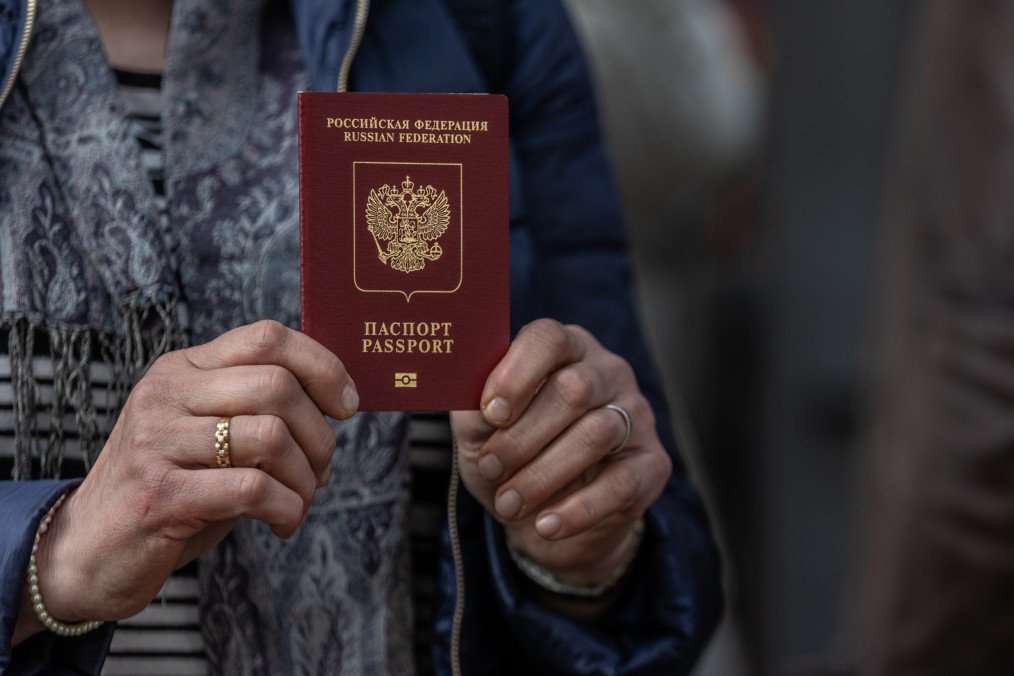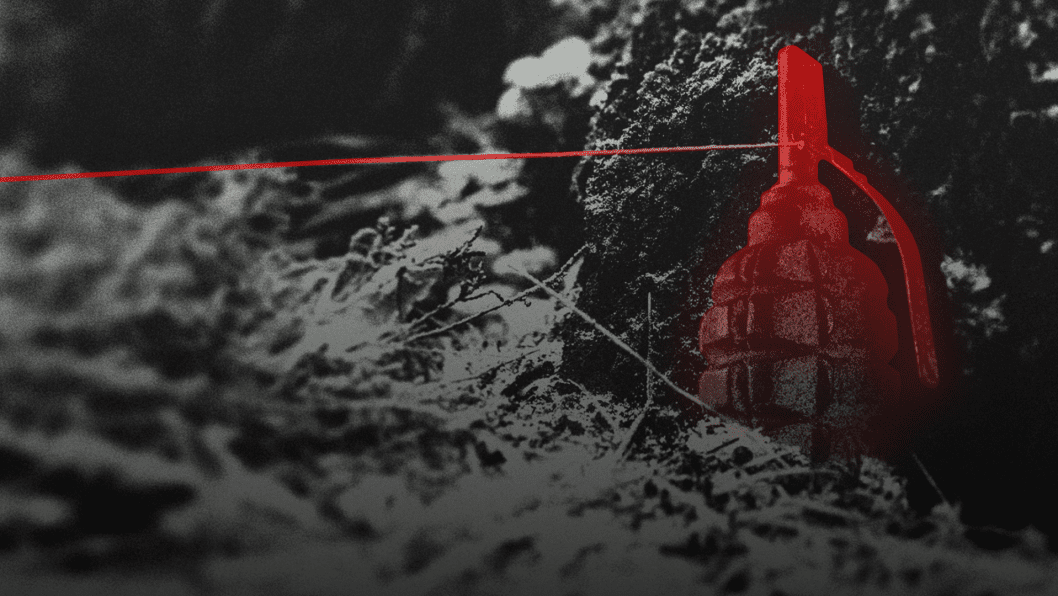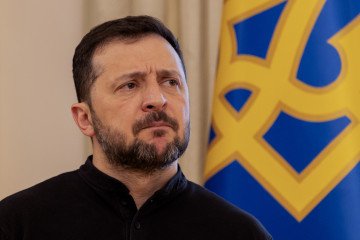- Category
- Latest news
French Authorities Reject 1,200 Russian Visa Requests Amid Concerns Over Espionage

France has rejected 1,200 visa applications from Russian nationals, including diplomats and conference speakers, as part of efforts to prevent Moscow from rebuilding a decimated espionage network following expulsions of Russian agents.
According to Le Monde on April 25, confirmed by sources within the French Ministry of Foreign Affairs, the move is part of heightened security measures introduced since Russia’s invasion of Ukraine in February 2022.
Between “thirty and forty” attempts to assign Russian diplomats to France have been blocked since mid-2022. In some cases, French authorities have observed that the threat came from the “dependents,” in other words, the wives or husbands of actual diplomats.
Moscow and its foreign intelligence agencies, the SVR for civilians and the GRU for military personnel, are aware of the countermeasures put in place by French authorities and persistently try to bypass them.
The rejected visa applications include those from individuals seeking access to various events in France, with 350 specifically aimed at entry to the country.
The Russian strategy has relied on deploying agents without official cover, referred to as “NOCs” (Non-Official Cover).
-72e32e2e8a42f8347acfef3f0316f46d.jpg)
Among these, the SVR has reportedly favored individuals posing as journalists, particularly those claiming affiliations with Russian media outlets like Komsomolskaya Pravda, a prominent national newspaper.
Additionally, Russia has sought to leverage the privileges and immunities provided to international organizations in order to circumvent the scrutiny of French intelligence and the Ministry of Foreign Affairs. Since 2022, Russia’s appointments to UNESCO in Paris have been under close watch.
Although France has limited authority in managing such multilateral institutions, it has nonetheless secured some important victories in preventing potential infiltration.
Among the 1,200 individuals whose visa applications have been rejected are “lecturers” seeking to attend conferences in France, “business executives” traveling for work, and even “festival-goers” accustomed to attending cultural events worldwide.
Moscow is reportedly employing a less conspicuous strategy by sending young intelligence operatives, typically under the age of 30 and recent graduates of Russian intelligence academies, on initial foreign assignments to France.
French authorities are also mindful that, lacking a sufficient pool of experienced personnel, Moscow is increasingly relying on its “illegals,” agents embedded abroad under false identities for long-term assignments.
These agents, once reserved for high-value operations, are now being tasked with more routine duties typically handled by officers operating under diplomatic cover or “travelers.”
In response to the expulsions, Moscow has used alternative tactics, such as deploying “non-official cover” (NOC) agents, including fake journalists, to bypass border security measures. Despite the challenges, French intelligence has succeeded in disrupting attempts by Russian operatives to enter the country undetected.
Earlier, China significantly reduced its reliance on Russian arms, cutting imports by 40% between 2009 and 2023. This decline is largely attributed to China’s extensive reverse-engineering of Russian weapons systems and widespread theft of military technology.

-554f0711f15a880af68b2550a739eee4.jpg)

-c439b7bd9030ecf9d5a4287dc361ba31.jpg)

-111f0e5095e02c02446ffed57bfb0ab1.jpeg)

